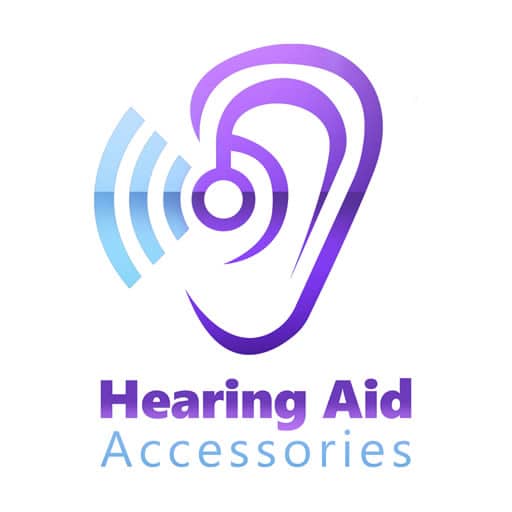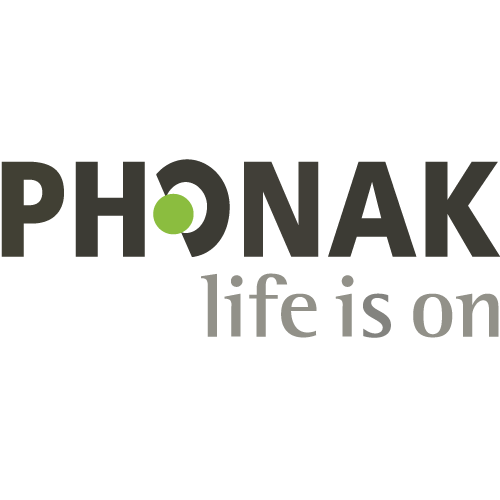Product Search
Product categories
- £1.49 Delivery (76)
- Alarm Clocks (12)
- Assistive TV Products (43)
- Batteries (34)
- Chargers & Cases (42)
- Cleaning Products (41)
- Discontinued (34)
- Domes (19)
- Doorbells & Alerting (17)
- Drying Boxes (16)
- Ear Protection & CENS (47)
- Education (5)
- FM Hearing Systems (31)
- For Kids (9)
- Hooks, Clips & Retentions (27)
- Microphones (48)
- Mobile Phones (14)
- NHS Hearing Aid Accessories (49)
- Receivers (25)
- Remote Controls (18)
- SALE (6)
- Special Offers (32)
- Telephones (29)
- Tinnitus Products (16)
- Tubing & Tools (26)
- Wax Guards, Traps & Filters (26)
Tinnitus Products
Tinnitus can target each and every one of us without warning. So it’s better to be prepared with our industry recognised range of tinnitus products at Hearing Aid Accessories.
Stay in control of your hearing today and get relief for your tinnitus. From white noise machines to pillow speakers, we stock a range of effective machines to help you sleep and reduce impact.
Travel Mini Sound Pillow® For Tinnitus Pain …
- £49.99
- The Mini Sound Pillow® aids troubled sleeps and relieves tinnitus pain by providing distracting sounds whilst falling asleep. Enjoying soft music, relaxing sounds, or soothing background noises- all played directly to your Sound Pillow from your compatible device. The new Mini Sound Pillow® is the perfect travel companion, it is the perfect size for when travelling by train or by…
- Add to basket
- Out of Stock
Sound Oasis Sleep Sound Therapy System S-650-…
- £49.99
- The Sleep Oasis Sound Therapy system allows you to drift to sleep by listening to natural and clinically proven sounds. This is the perfect product for you if you struggle to fall asleep. It will block out irritating noises and help reduce the discomfort caused by tinnitus. The Sound Oasis Sleep Sound Therapy System creates a soothing atmosphere to give…
- Read more
- Out of Stock
Tinnitus and Hyperacusis Textbook…
- £11.99
- This book studies Tinnitus and also includes a complete programme for your recovery. Tinnitus can be a terrible affliction, both for the individual, and also for friends and family, and many people with tinnitus are currently left to fend for themselves. Despite this, prospects for recovery have never been better, based on recent advances in psychology, auditory neuroscience and medicine. Tinnitus…
- Read more
- Out of Stock
AfterShokz Trekz Bone Conduction Headphones…
- £120.99
- Aftershokz Trekz Titanium is a game changer for those who like to listen to music on the move. These lightweight, flexible headphones wrap comfortably around the head and curl over the ears. Bluetooth compatible.
- Read more
- 1
- 2
What is tinnitus?
If you hear a buzzing, ringing, clicking sound or a sharp whistle you may be suffering from tinnitus.
Subjective Tinnitus: This is where only you, the individual, can hear the unusual sound. This is primarily caused by ear problems in your outer, middle or inner ear and in extreme cases, all three.
Objective Tinnitus: Is when your doctor can also hear the unusual sound when they inspect your ears. This is usually caused by a problem in your blood vessel. It can also be an issue with your middle ear, bone or muscle contractions.
Bilateral tinnitus: This term is used to describe tinnitus that is heard through both ears. It is common and usually means there are no serious issues.
Unilateral tinnitus: This term is used to describe tinnitus that is heard only through one ear. It is an uncommon type of tinnitus and could the the first sign of a serious underlying health problem.
Pulsatile Tinnitus: A rhythmic tinnitus that is usually heard in beat with the patient’s heart. It commonly indicates a change of blood flow to the ear.
Are you hearing music when you know there is nothing there? You may be suffering from a rare form called musical Tinnitus. This usually only occurs in older individuals with a musical interest. It is no different than Subjective Tinnitus and can be treated as such.
Tinnitus is very common, and people can even be born with tinnitus due to a genetic defect. Tinnitus can be tested by your audiologist regularly. Tinnitus can be associated with:
– Hearing loss both mild and profound.
– Extreme stress placed upon the body either situational or environmental.
– A blocked ear or the feeling of one in the outer, middle or inner ear.
Currently there is no universal cure for Tinnitus. This is because audiologists worldwide have not formed a consensus on the causes of tinnitus apart from genetic defects. These defects usually manifest themselves from birth, or the degradation of cells due to damage or age.
However there are treatments that are known to alleviate the symptoms of Tinnitus or even remove them completely. This is only if the particular case is caused by an excess build-up of earwax.
Tinnitus therapies available to you:
There are several different types of therapies that can aid in your recovery. We advise you to research each one before you contact the relevant specialists:
CBT (Cognitive Behavioural Therapy): This therapy revolves around improving your mental health by changing unhelpful cognitive distortions and behaviours.
TRT (Tinnitus Retraining Therapy): This therapy revolves around you slowly learning to live with your tinnitus. It can involve learning how to simply block out the noise, reducing your stress and speeding up your recovery.
Hypnotherapy: This form of therapy is designed to initially suppress emotions that may have been caused by the tinnitus such as anxiety or stress. It then goes further to help shift focus away from the tinnitus, resulting in relief. However, this form of therapy has mixed results for different patients.
What should I do if I think I have Tinnitus?
The first step is to consult your GP or your local audiologist. We would always recommend consulting your audiologist first, because they can provide you with a in-depth test and accurate results.
- Once you’ve consulted your audiologist, whether by phone, in person or by email, you’ll need to book a hearing test. At your audiologists’ clinic, they will use specialised equipment alongside their standard hearing tests to quickly determine if you are suffering from tinnitus or an alternative issue.
If you still need to see your GP, your Audiologist can provide you with a full medical report. This is extremely beneficial to you as a customer, since in most cases hearing tests themselves are completely free.
Some audiologists do not provide tinnitus counselling, therapy or products. Therefore this step would include being referred to a professional that can help to alleviate tinnitus symptoms
If the problem continues after treatment, you may be suffering from unilateral tinnitus. You could be required to book an appointment with an ENT specialist to see if there is a bigger underlying issue.
Common questions about Tinnitus
Most people with tinnitus have sleeping issues . This is either due to the tinnitus itself or the worry and stress caused by thinking about it at night. To aid this, it is essential to develop a coping mechanism. Coping mechanisms can take a variety of forms, such as playing relaxing music on a timer, or simply talking through your issue.
You need to avoid artificial stimulants such as coffee or alcohol during this time. This is because you may become reliant on them.
Yes. When you first hear tinnitus you may think there is no way to defeat it. However, thanks to modern technology and the amount of support available, you will be able to get through this stage in your life.
Habitation is a natural mechanism performed by your body to remove common sounds, tastes and smells. In a bygone age this was used to detect predators but now it can also be used to combat tinnitus.
What else can I do to help my tinnitus?
Talk to your audiologist or tinnitus specialists: So you can better understand what you are going through and how you can combat its effects.
Contact The British Tinnitus Association: As they are the leading experts in this field of study, they can put you in contact with specialists and other support groups.
Develop a stress relief technique: One of the most overlooked elements is simply taking the time to relax and recharge. This will also speed up your habituation to the tinnitus.
Wear a Hearing Aid: Hearing aids are designed to aid your natural hearing. This also relates to those suffering from tinnitus.
Using sound: Using music, the TV and even just talking. These things can help you get more accustomed to your tinnitus.












